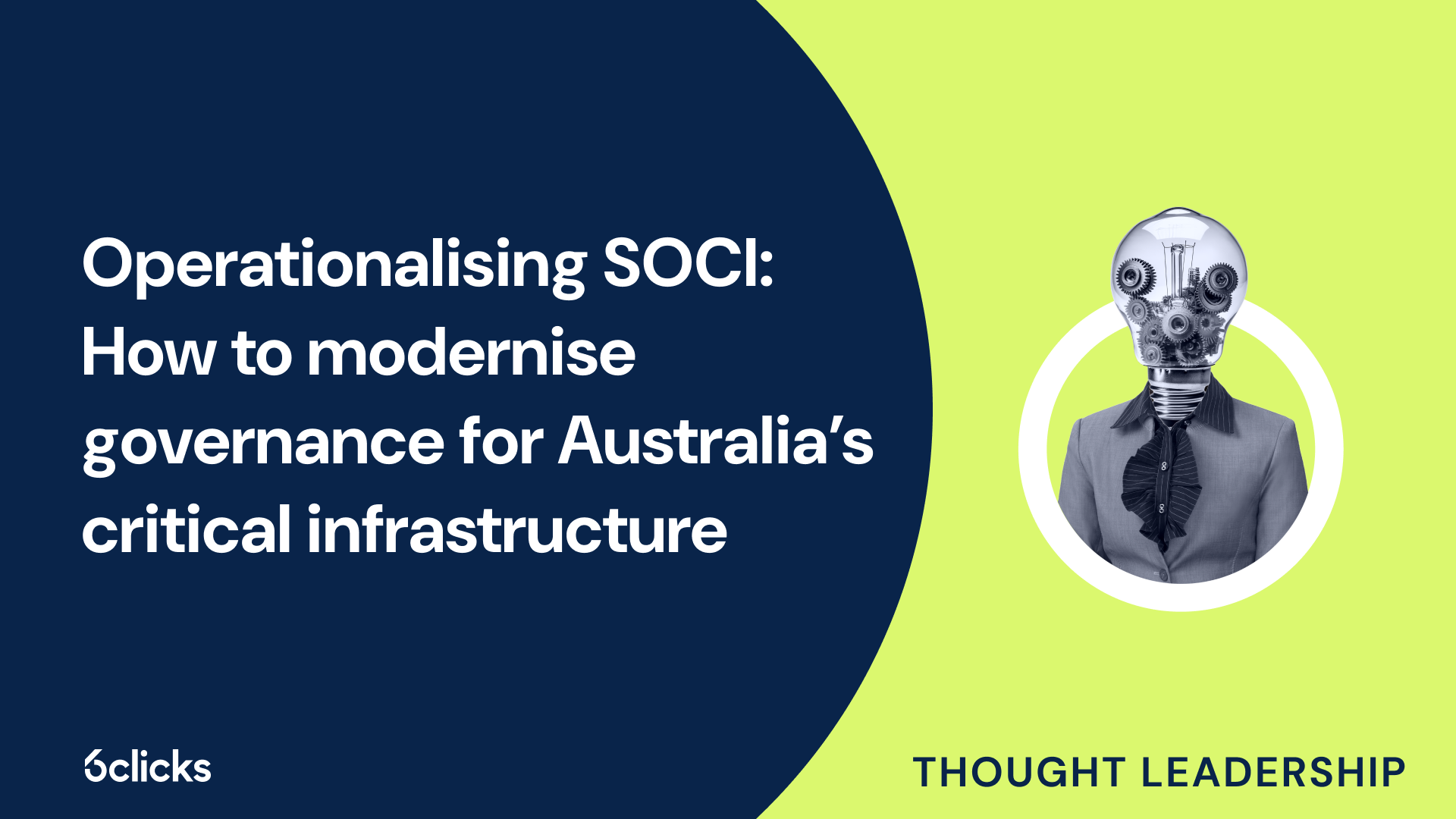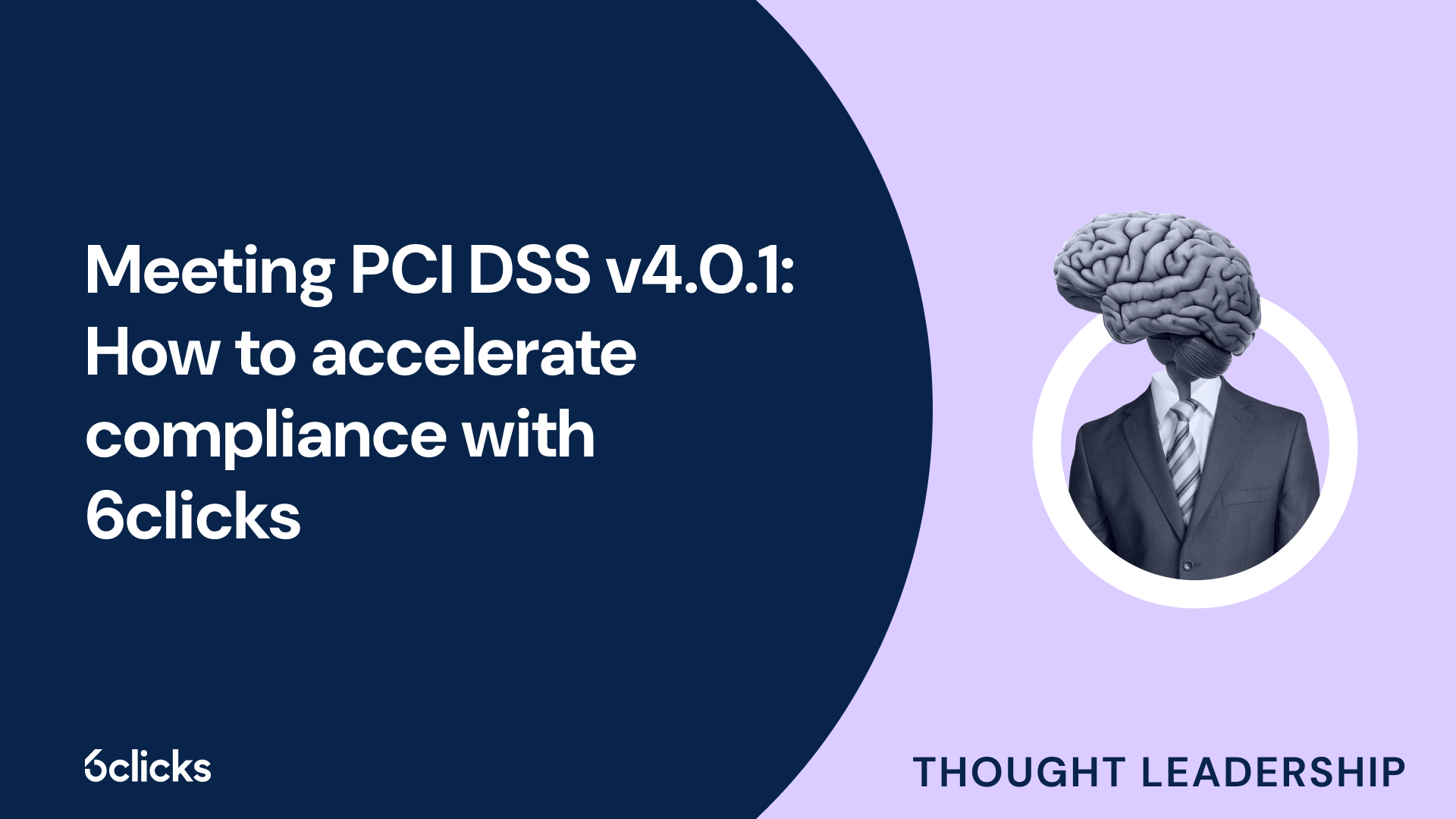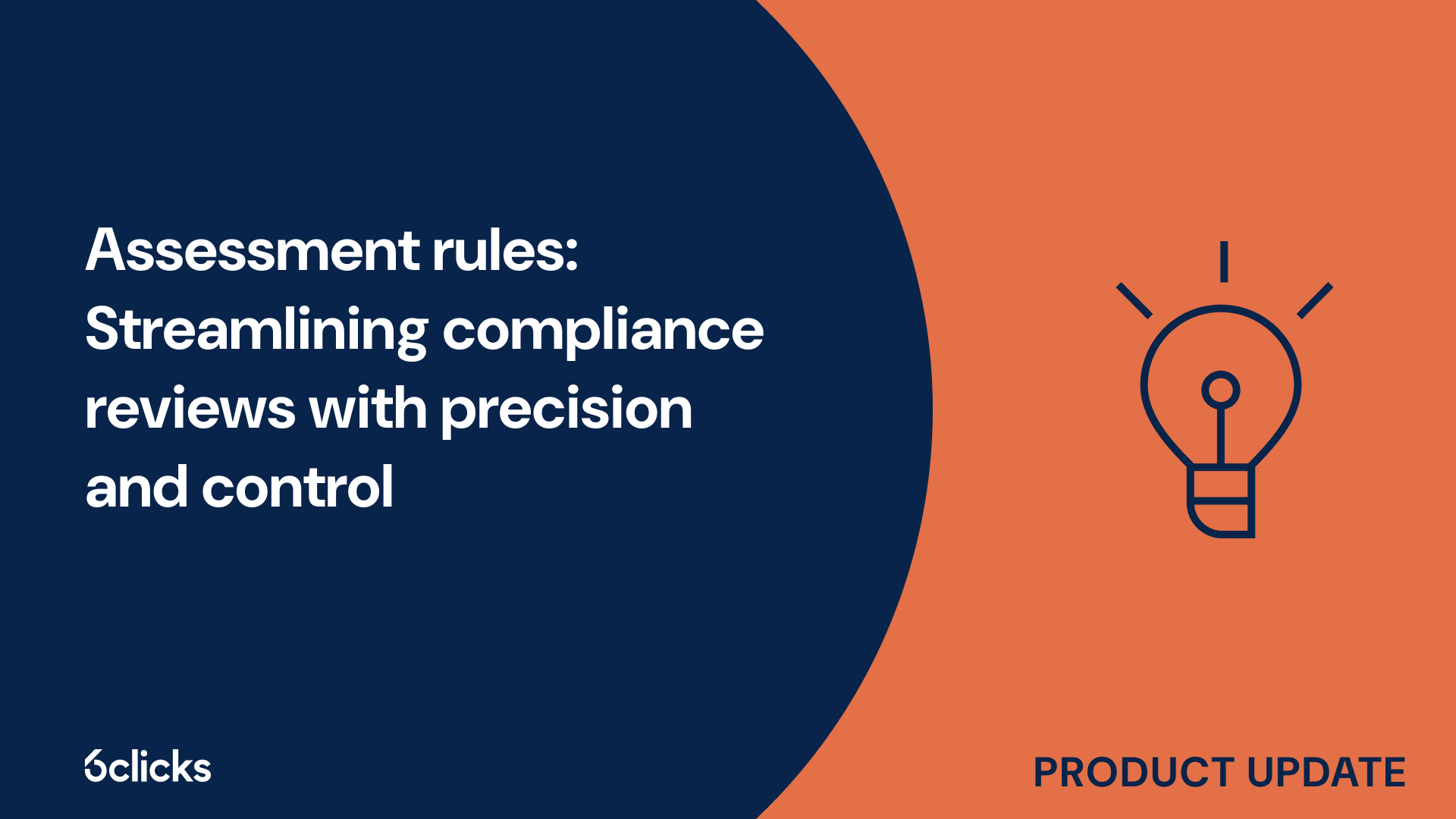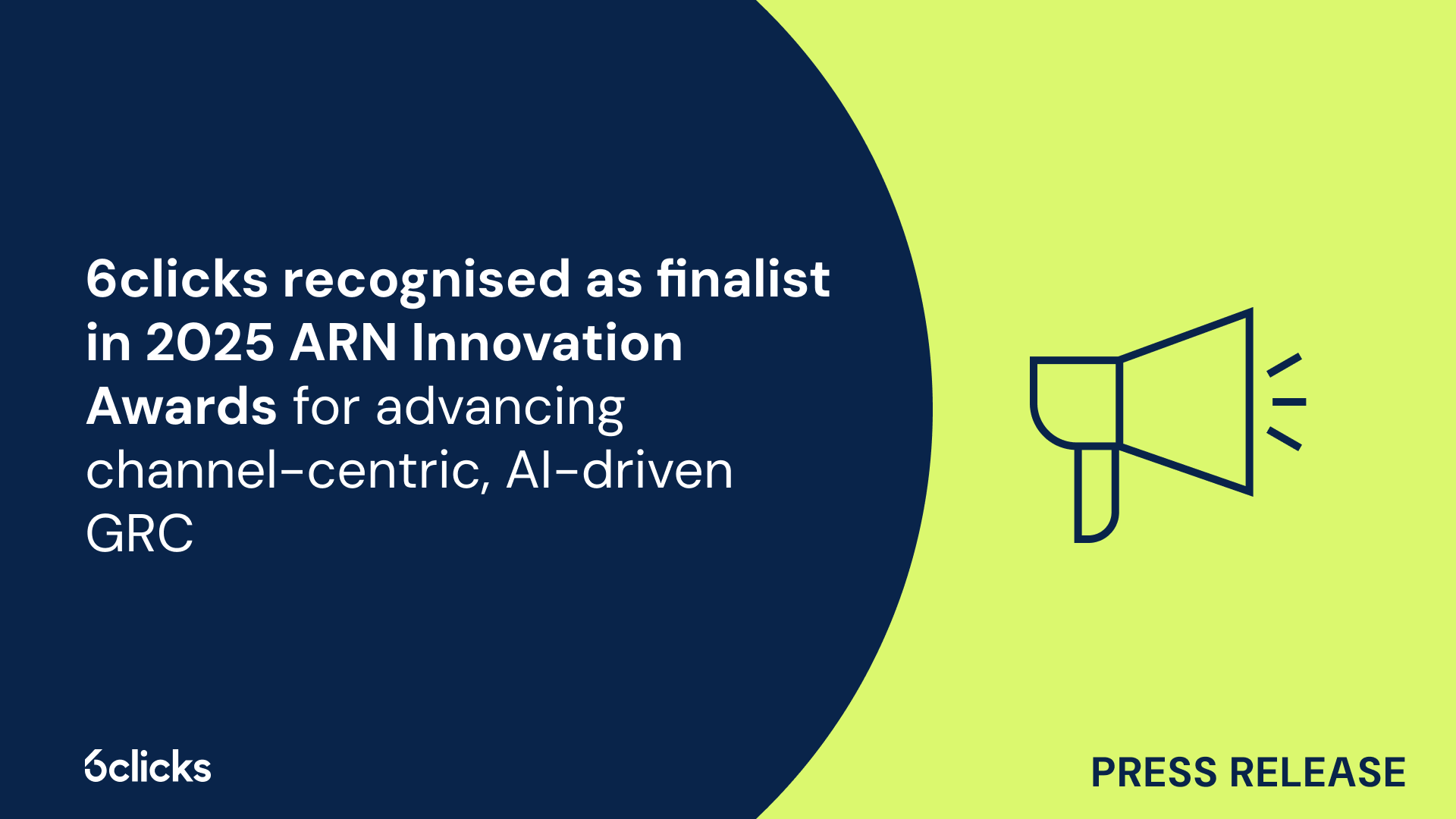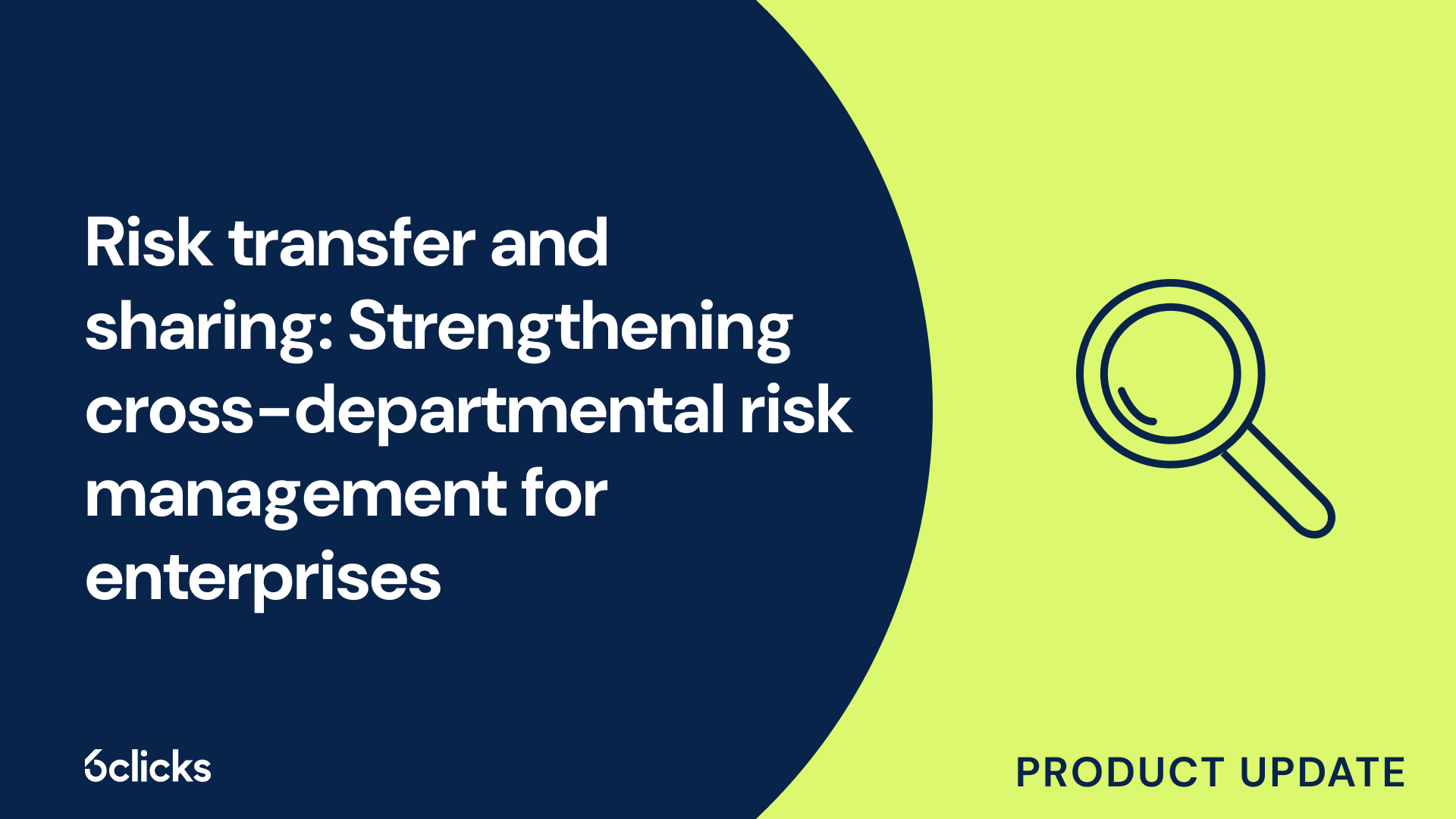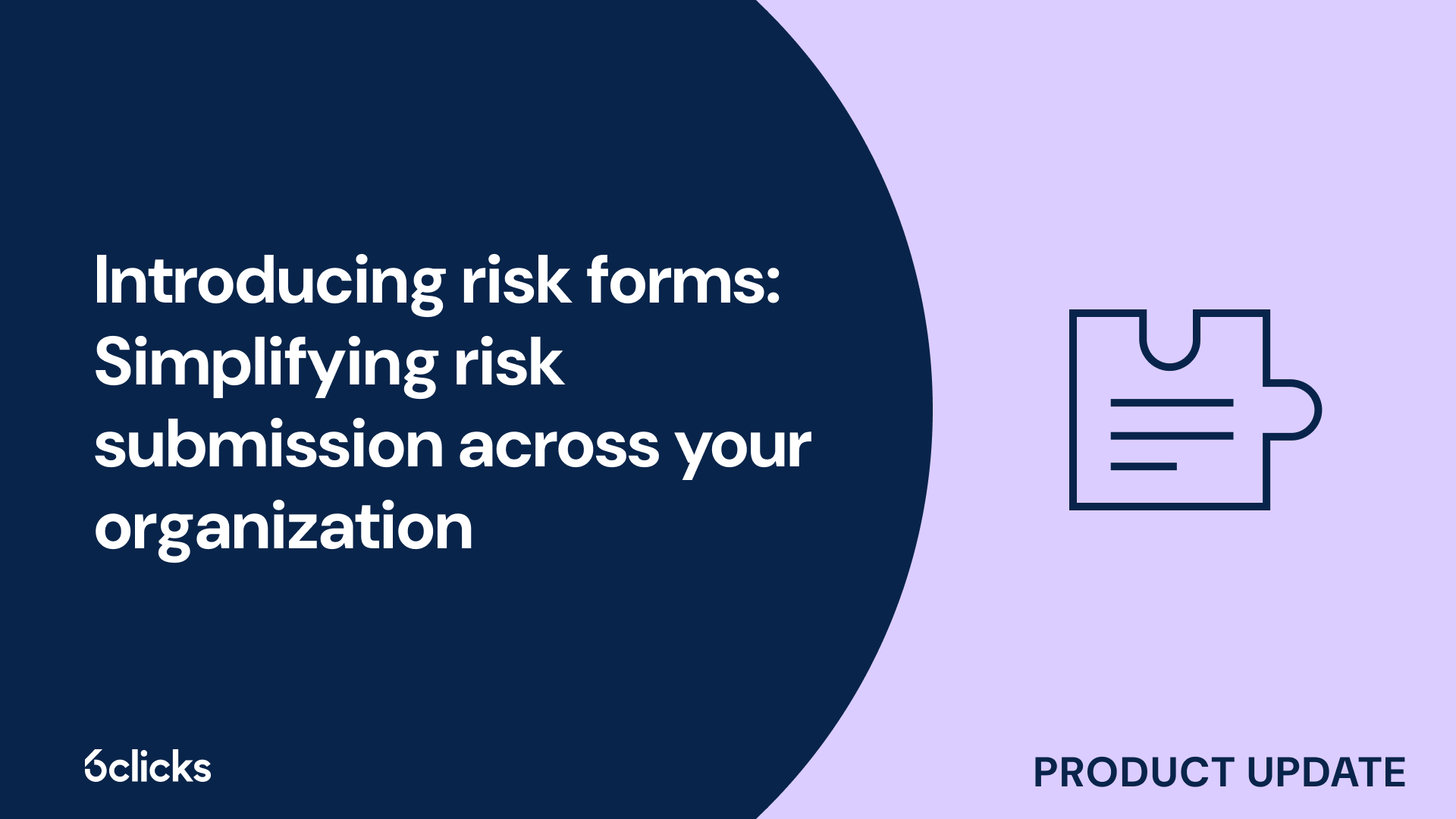The GRC buyer’s guide for 2025: Building resilience with AI-powered, federated solutions
Discover the ultimate GRC buyer's guide for 2025! Uncover how AI-powered, federated solutions transform compliance and security management for industries like government, aerospace, banking, and more. Learn about centralized control, continuous compliance, and advanced cyber GRC capabilities. Download now!
-1.png?width=200&height=249&name=Group%20193%20(1)-1.png)
The GRC buyer’s guide for 2025: Building resilience with AI-powered, federated solutions
What is FedRAMP?
The Federal Risk and Authorization Management Program (FedRAMP) is a government-wide program that provides a standardized approach to security assessment, authorization, and continuous monitoring for cloud service providers (CSPs). It was established to help federal agencies adopt secure cloud solutions that meet the necessary security requirements. FedRAMP not only ensures the security of cloud technologies but also enables the federal government to leverage the benefits of cloud computing services. By implementing a robust certification process, FedRAMP allows CSPs to become FedRAMP authorized, ensuring that their cloud services meet the highest security standards required by federal government agencies. This program plays a crucial role in the modernization efforts of the government and ensures the protection of sensitive data for federal agencies and the national security of the United States.
Why do organizations need FedRAMP?
Organizations need FedRAMP (Federal Risk and Authorization Management Program) because it allows them to meet the rigorous security requirements set by the federal government when providing cloud products and services to federal agencies.
The primary benefit of using FedRAMP is an improved security posture. By undergoing the FedRAMP authorization process, organizations demonstrate their commitment to implementing robust security controls and practices, ensuring the confidentiality, integrity, and availability of federal data.
Moreover, FedRAMP offers a streamlined authorization process. Rather than undergoing multiple individual security assessments for each federal agency, organizations can obtain a single FedRAMP authorization that is recognized government-wide. This saves time, resources, and simplifies the process for both cloud service providers and federal agencies.
Another advantage of FedRAMP is the standardized approach to security assessment and monitoring. The program provides a consistent set of security standards and requirements that must be met by cloud service providers, ensuring a uniform level of security across government agencies.
Lastly, FedRAMP emphasizes continuous monitoring. Cloud service providers must continuously assess and report on their compliance and security posture to maintain their FedRAMP authorization. This ongoing monitoring helps identify and address security risks in a timely manner, enhancing the overall security of cloud solutions provided to federal agencies.
Benefits of using FedRAMP
There are several benefits for organizations when it comes to using FedRAMP (Federal Risk and Authorization Management Program). This government-wide program provides a standardized approach to security assessment and monitoring, ensuring a consistent level of security across federal agencies. Additionally, FedRAMP offers a streamlined authorization process, saving time and resources for both cloud service providers and federal agencies. One of the biggest advantages is the improved security posture that organizations gain by undergoing the FedRAMP authorization process. Finally, FedRAMP emphasizes continuous monitoring, helping to identify and address security risks in a timely manner and enhancing the overall security of cloud solutions provided to federal agencies. These benefits make FedRAMP an essential requirement for organizations looking to provide secure cloud services in the federal government sector.
Improved security posture
In today's digital landscape, organizations face an increasing number of security threats. To mitigate these risks and ensure the protection of sensitive data, it is essential for organizations, especially those serving federal agencies, to adhere to the Federal Risk and Authorization Management Program (FedRAMP) guidelines.
By following the FedRAMP framework, organizations can significantly enhance their security posture. First, implementing technical security controls, such as scanning infrastructure for vulnerabilities, is crucial. Regular scans enable organizations to identify and address potential weaknesses, reducing the likelihood of successful attacks.
Additionally, robust access control mechanisms, including multi-factor authentication, help prevent unauthorized access to sensitive information. By enforcing strong authentication methods, organizations significantly strengthen their overall security defenses.
Furthermore, implementing logging and security monitoring tools allows organizations to detect and respond to security incidents promptly. Monitoring activities and collecting security logs enable timely identification of potential threats, facilitating swift action to mitigate risks.
One of the critical advantages of achieving FedRAMP authorization is the establishment of trust. Federal agencies and commercial organizations alike seek services with proven security measures. FedRAMP authorization assures clients that the cloud service provider has met stringent security requirements, creating a sense of confidence in the security of the services offered.
Streamlined authorization processes
Streamlined authorization processes are a fundamental aspect of the Federal Risk and Authorization Management Program (FedRAMP). These processes are designed to ensure that cloud service providers meet the necessary security requirements to protect sensitive data and serve federal agencies effectively.
The first step in the authorization process is package development. This involves creating a comprehensive set of documents and artifacts that outline the security controls implemented by the cloud service provider. These documents serve as evidence that the provider has taken the necessary precautions to safeguard client data.
Next, a thorough assessment is conducted by a third-party assessment organization (3PAO). The 3PAO evaluates the cloud service provider's security controls, infrastructure, and policies to determine if they meet the stringent FedRAMP requirements. This assessment is critical in identifying any potential vulnerabilities or weaknesses that need to be addressed.
Once the assessment is complete and any identified issues are resolved, the cloud service provider undergoes the authorization phase. This involves obtaining an Authority to Operate (ATO) from the federal agency responsible for overseeing the cloud services. The ATO signifies that the provider has met the necessary security standards and is authorized to operate their services for federal agencies.
Finally, continuous monitoring is a crucial part of the streamlined authorization process. Cloud service providers must implement robust security monitoring and incident response mechanisms to detect and respond to any security incidents promptly. Regular monitoring helps ensure the ongoing compliance and security of the cloud services offered.
Standardized approach to security assessment and monitoring
FedRAMP provides a standardized approach to security assessment and monitoring for cloud service providers seeking to work with federal agencies. This approach ensures that all organizations meet the necessary security control requirements and maintain the highest levels of compliance.
To ensure compliance, organizations must undergo a comprehensive security assessment conducted by a third-party assessment organization (3PAO). This assessment evaluates the cloud service provider's security controls, infrastructure, and policies to determine if they meet the stringent FedRAMP requirements. Any identified vulnerabilities or weaknesses must be addressed, and the necessary measures taken to remediate them.
Once authorized, continuous monitoring becomes a crucial aspect of maintaining compliance. Cloud service providers are required to implement robust security monitoring and incident response mechanisms to promptly detect and respond to any security incidents. This ongoing monitoring helps ensure the continuous compliance and security of the cloud services.
To simplify the monitoring process, organizations can leverage automated controls and employ the right compliance and risk management technology. This technology enables the efficient tracking and reporting of relevant security metrics, making it easier for organizations to ensure compliance with the security control requirements.
Reduced costs for government agencies and private sector organizations
FedRAMP plays a crucial role in reducing costs for both government agencies and private sector organizations. By implementing a standardized authorization process, FedRAMP eliminates the need for time-intensive and costly due diligence that typically accompanies the selection of cloud service providers.
Government agencies can benefit from this streamlined process by relying on the rigorous security assessments already conducted by FedRAMP. They no longer have to invest significant time and resources into vetting and assessing potential cloud providers themselves. FedRAMP ensures that the necessary security controls are already in place, reducing the risk associated with selecting a cloud service provider.
Private sector organizations can leverage the federal standards for cloud security established by FedRAMP to enhance their own security posture. By obtaining FedRAMP Authorization, these companies can demonstrate their commitment to industry-leading security practices. This certification not only instills confidence in customers and clients but also opens doors to contracts with government agencies that prioritize working with FedRAMP-authorized cloud service providers.
Through the authorization process, FedRAMP reduces costs by streamlining due diligence and ensuring that robust security controls are in place. This not only benefits government agencies by simplifying the cloud provider selection process but also presents opportunities for private sector organizations to enhance their reputation and expand their business prospects.
Easier access to government cloud service offerings
Easier access to government cloud service offerings is made possible by partnering with a FedRAMP compliant cloud service provider (CSP). By doing so, organizations can obtain the necessary authorization to access and utilize government cloud services seamlessly.
One of the key benefits of working with a FedRAMP compliant CSP is the assurance that they meet the stringent security standards required by federal agencies. The FedRAMP certification process ensures that CSPs have undergone thorough security assessments, making it easier for organizations to confidently leverage government cloud offerings. This certification serves as a validation of the CSP's commitment to implementing industry-leading security practices.
By choosing a FedRAMP compliant CSP, organizations can simplify the authorization process and gain easier access to government cloud service offerings. This eliminates the need for organizations to invest valuable time and resources in conducting their own security assessments. Instead, they can rely on the established standards set by FedRAMP and the rigorous assessments performed by authorized third-party organizations.
Understanding the FedRAMP authorization process
The Federal Risk and Authorization Management Program (FedRAMP) provides a standardized approach to security assessment, authorization, and continuous monitoring for cloud products and services used by federal government agencies. The FedRAMP authorization process is a comprehensive and rigorous evaluation that ensures the security of cloud solutions offered by cloud service providers (CSPs). By adhering to the FedRAMP requirements and standards, CSPs can obtain FedRAMP certification, demonstrating their commitment to security and compliance. This certification serves as a validation of a CSP's ability to meet the specific security control requirements mandated by federal agencies, giving organizations the confidence to use government cloud service offerings. Additionally, the FedRAMP authorization process streamlines the path to obtaining an Authority to Operate (ATO), reducing the burden on organizations to conduct their own security assessments. Instead, they can leverage the assessments performed by authorized third-party organizations and leverage the security packages and templates available in the FedRAMP marketplace. Overall, understanding the FedRAMP authorization process is crucial for organizations operating in the public sector, as it ensures the adoption of secure cloud solutions that adhere to government-wide security standards.
Overview of the process
Obtaining FedRAMP certification is crucial for organizations that provide cloud computing services to federal agencies. This certification ensures that their cloud solutions meet the rigorous security standards set by the federal government.
The FedRAMP certification process involves several steps to obtain authorization. There are two pathways: the Agency Process and the Joint Authorization Board (JAB) Process.
Under the Agency Process, cloud service providers (CSPs) seeking authorization work directly with individual federal agencies. Each agency conducts security assessments based on FedRAMP requirements and grants authorization. This process is suitable for CSPs exclusively serving a particular federal agency.
In the JAB Process, the CSP engages with the FedRAMP JAB, a group comprising the Departments of Defense and Homeland Security, and the General Services Administration. The JAB conducts a comprehensive assessment and makes a recommendation for authorization to all federal agencies. This pathway is preferable for CSPs targeting multiple federal agencies.
Regardless of the process, CSPs must engage with a certified third-party assessment organization (3PAO) to perform a detailed security assessment. This assessment verifies compliance with FedRAMP's rigorous security requirements. CSPs are also required to develop a System Security Plan (SSP), which outlines how their cloud service meets the prescribed controls and mitigation strategies.


